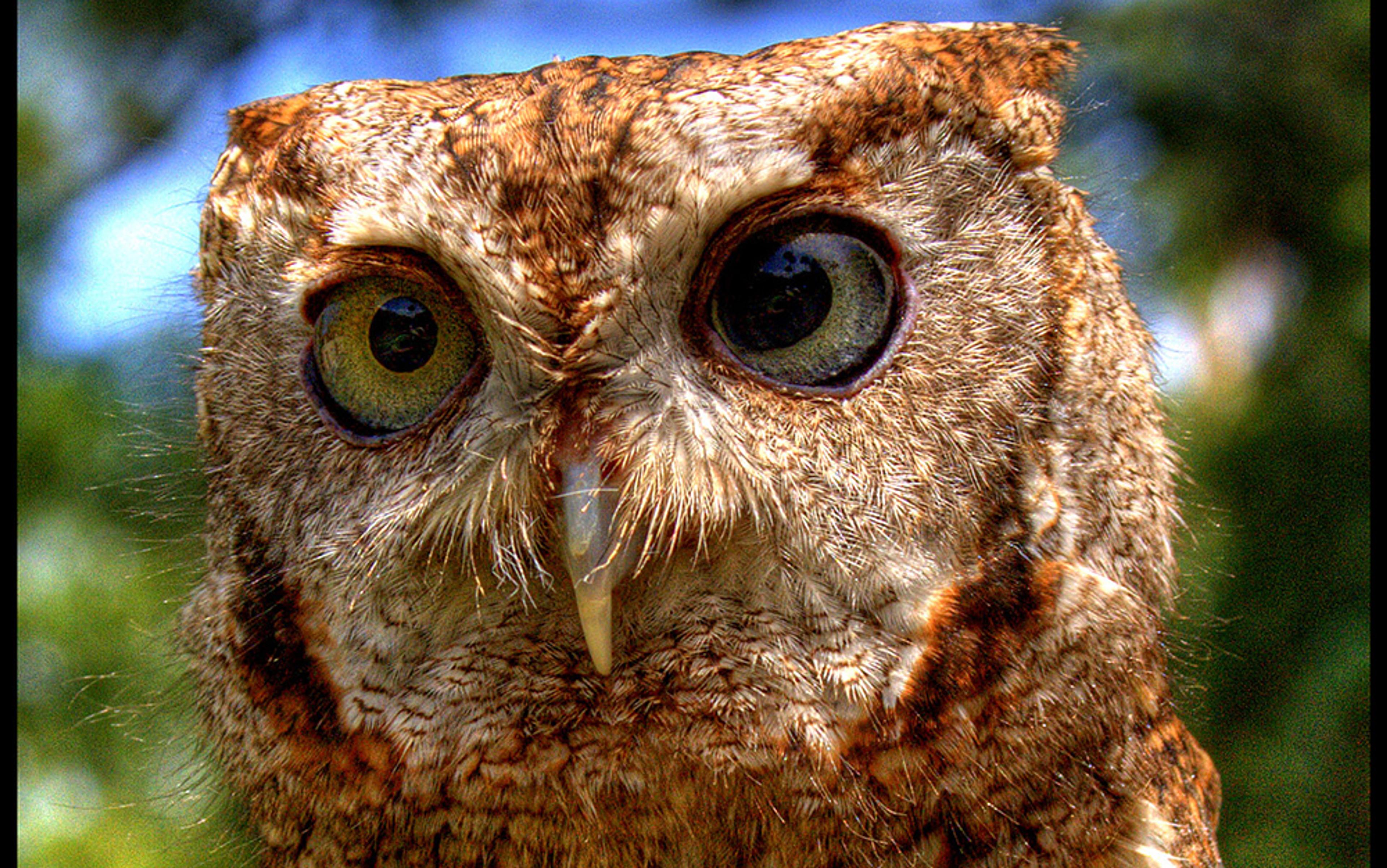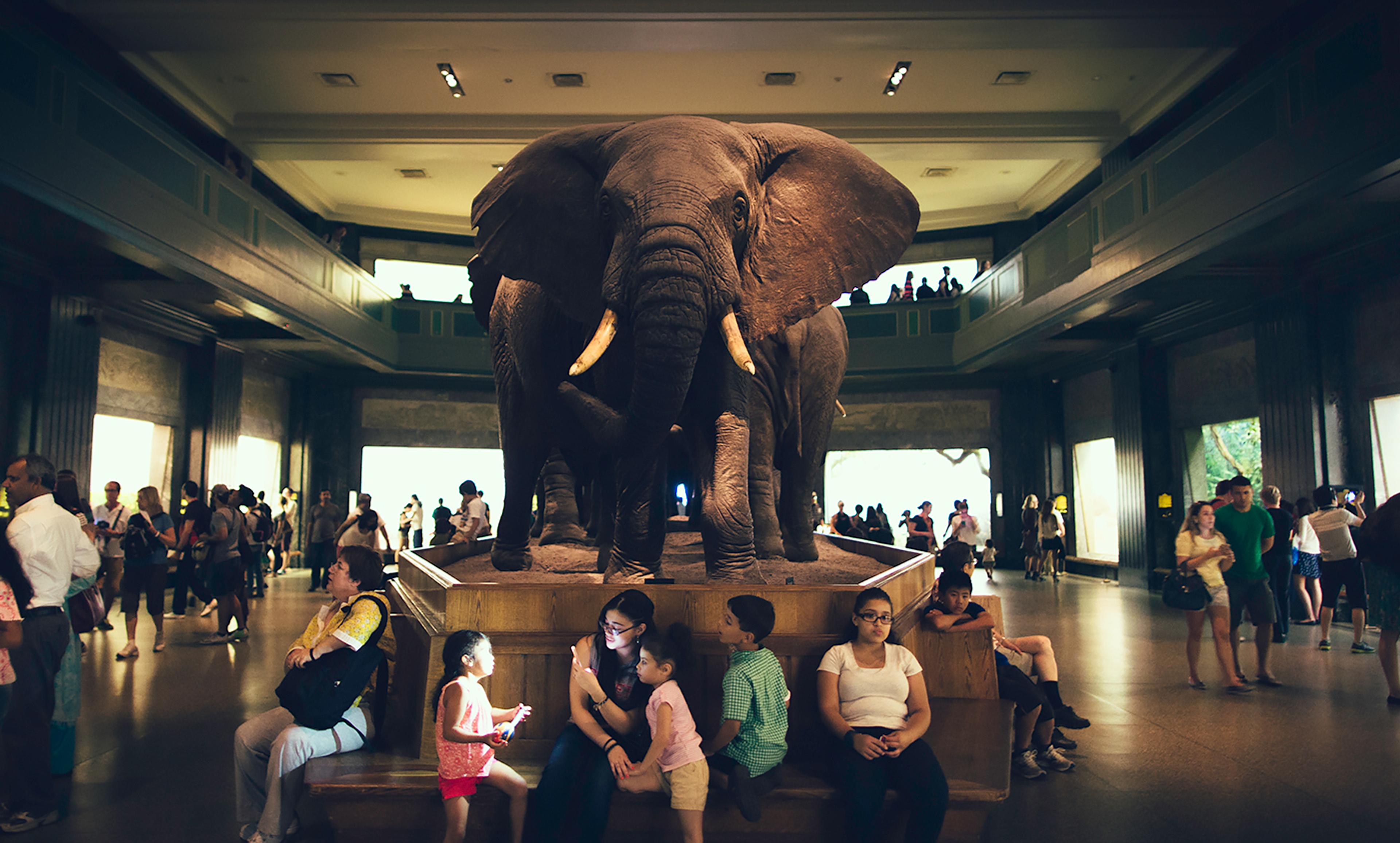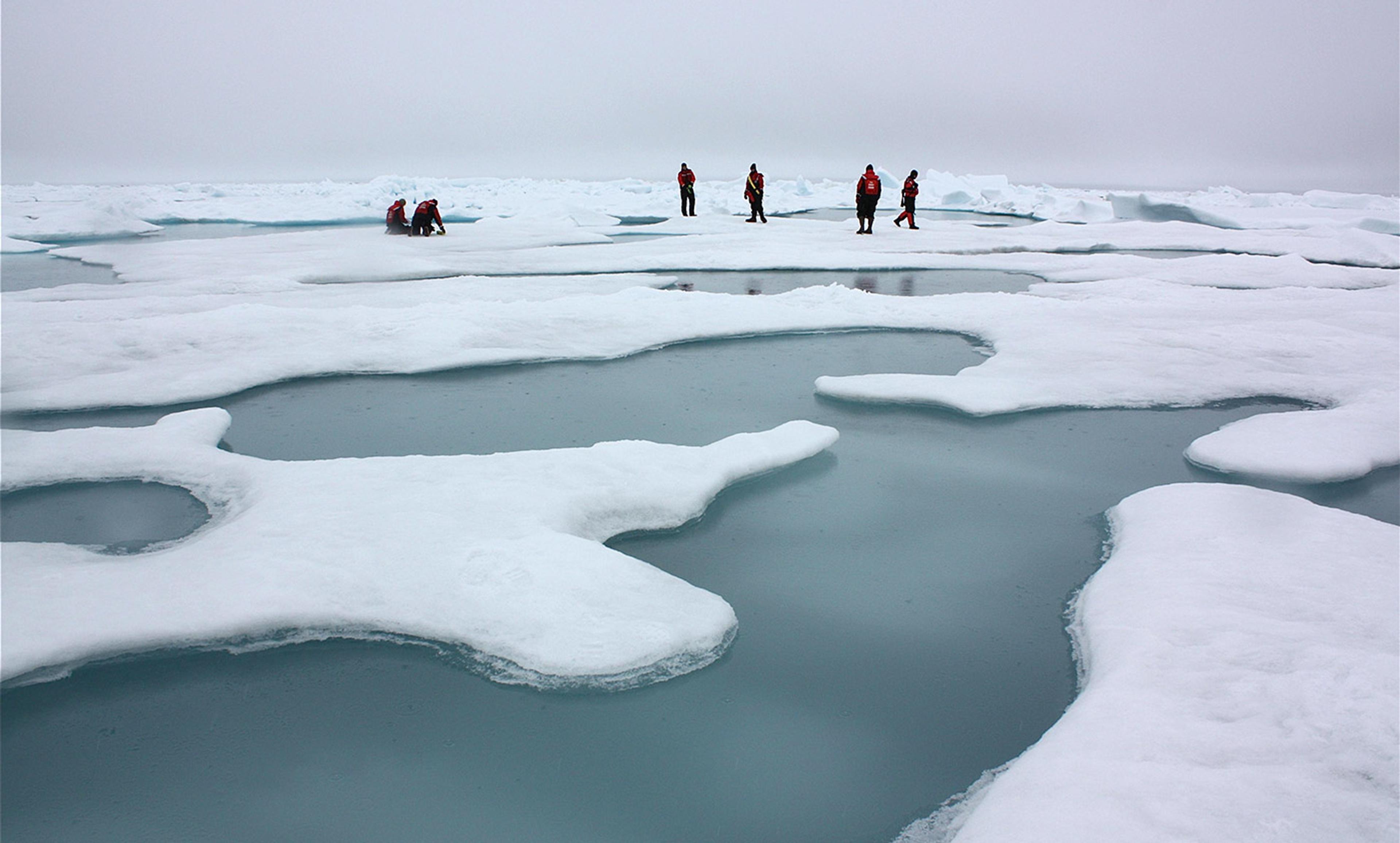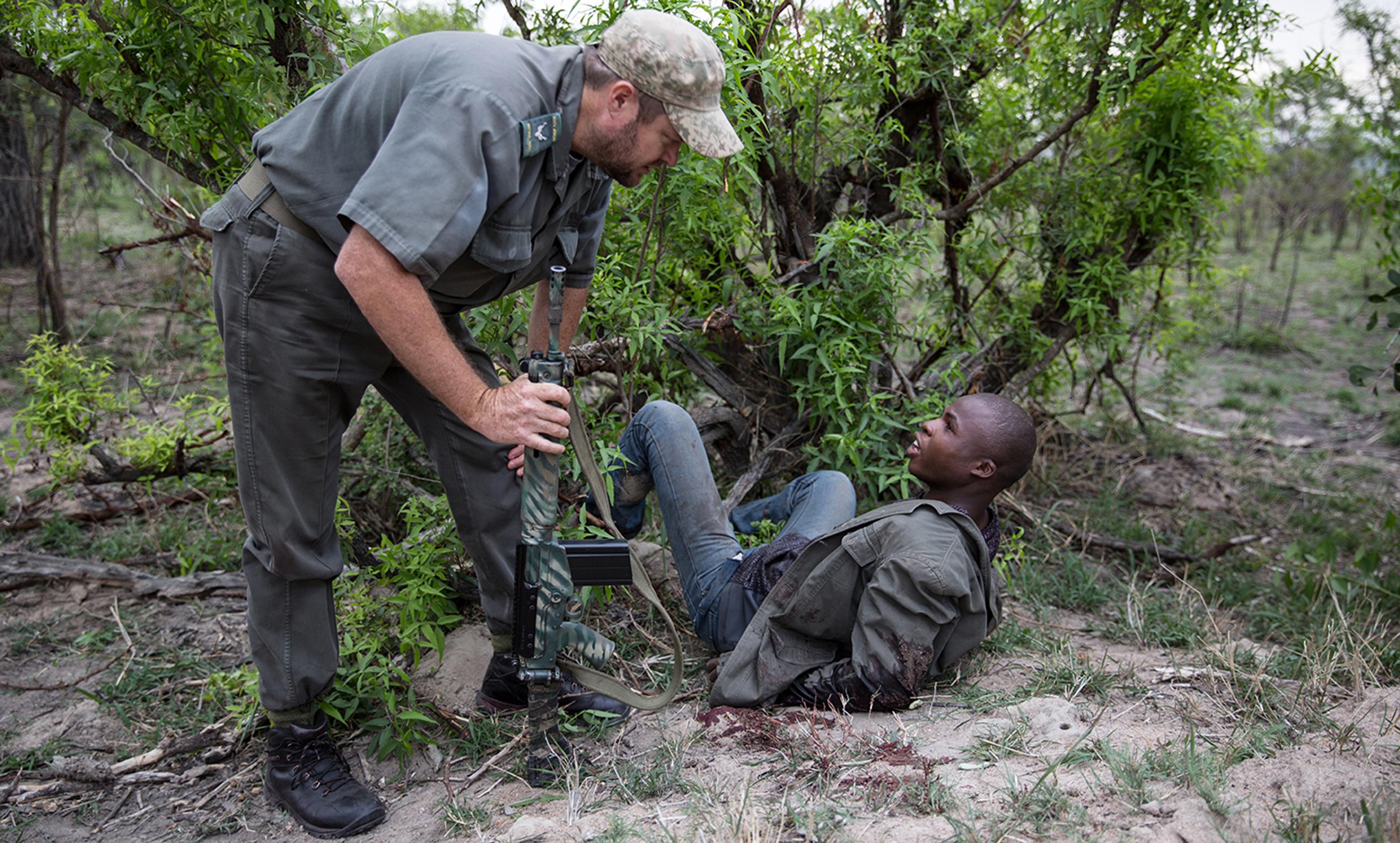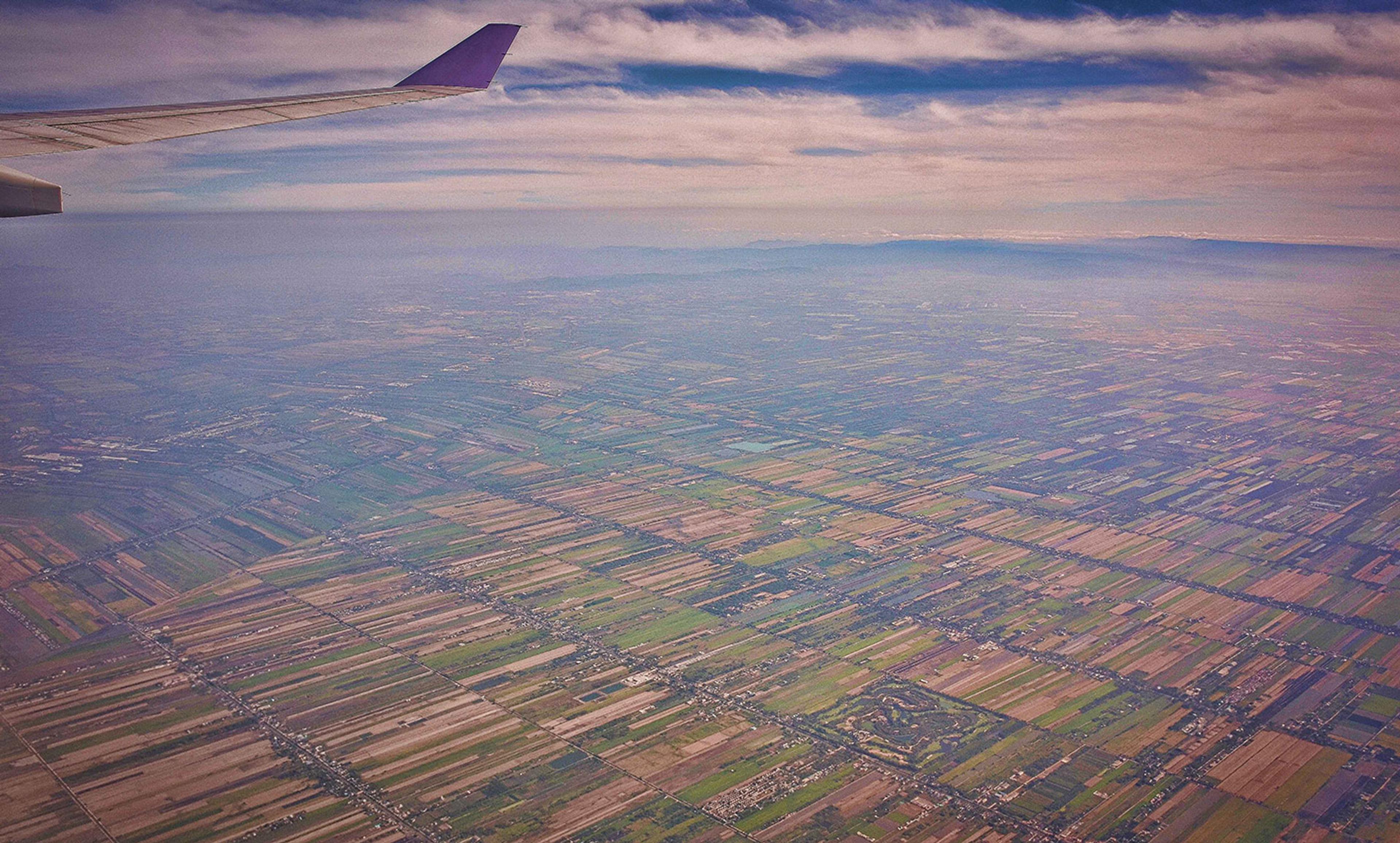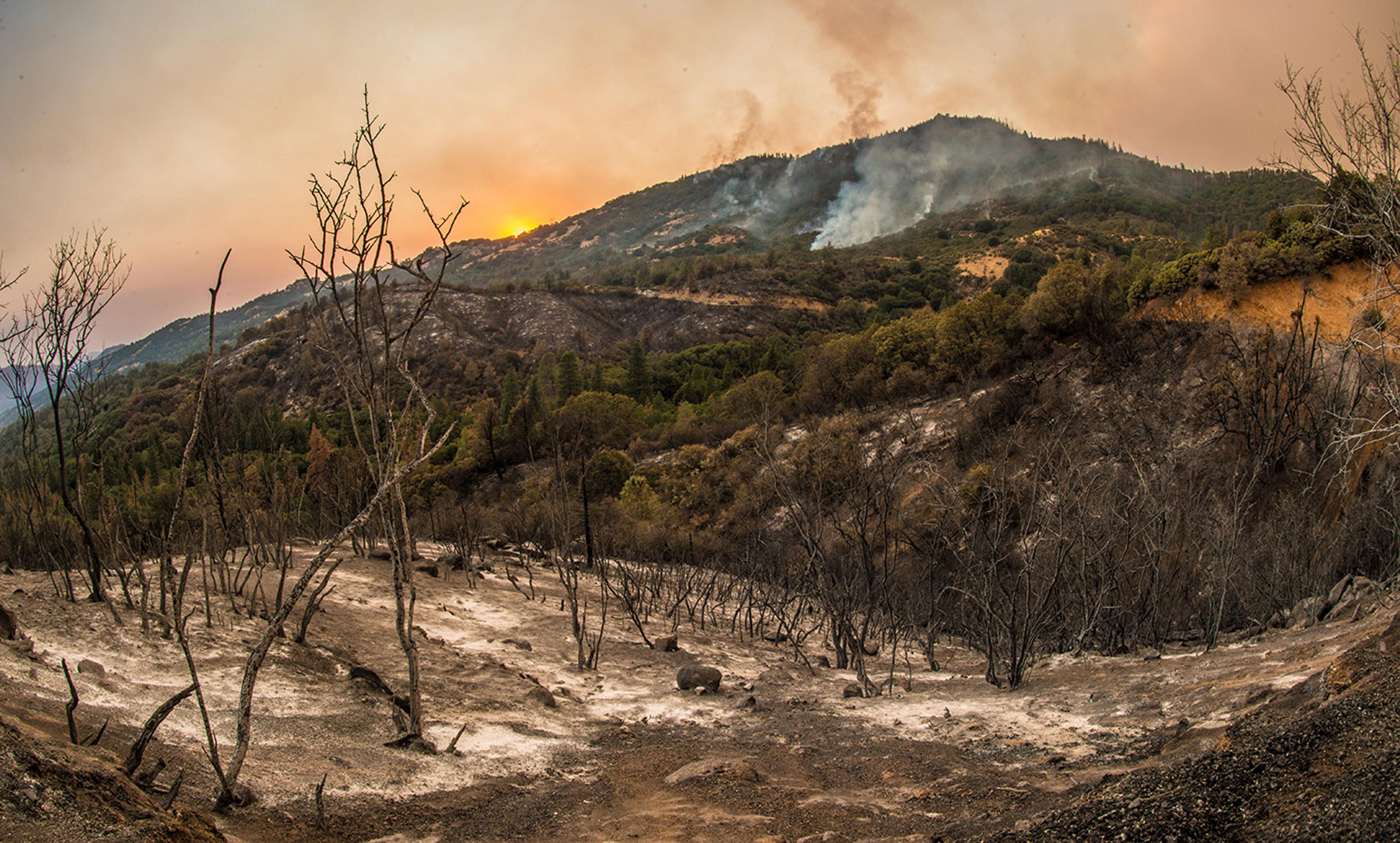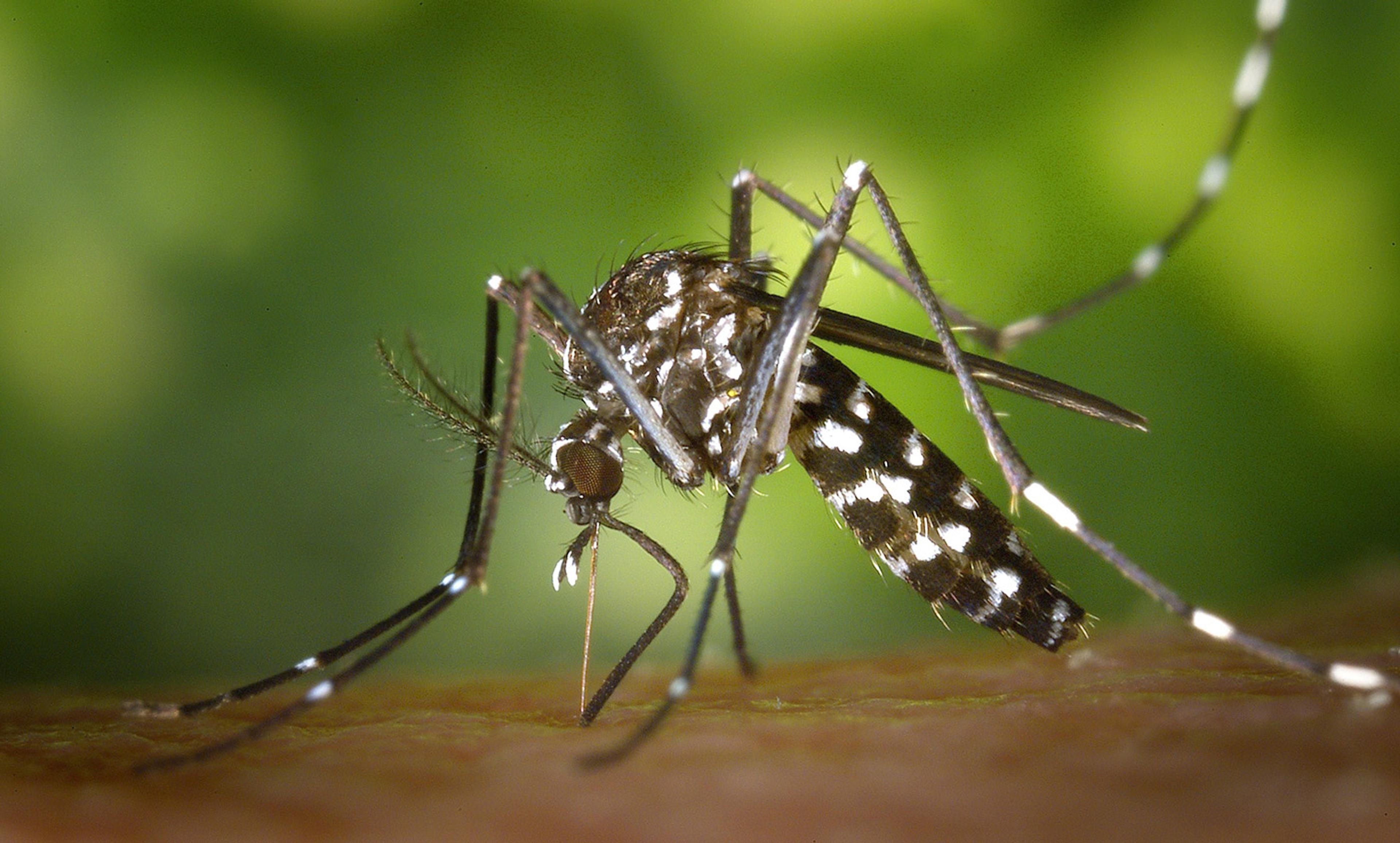Gerry/Flickr
In the Great Basin desert of the western United States, not far from the Great Salt Lake, is a kind of time machine. Homestead Cave has been inhabited for the past 13,000 years by successive generations of owls, beneath whose roosts accumulated millennia-deep piles of undigested fur and bone. By examining these piles, researchers have been able to reconstruct the region’s ecological history. It contains a very timely lesson.
Those 13,000 years spanned some profound environmental upheavals. Indeed, the cave opened when Lake Bonneville, a vast prehistoric water body that covered much of the region, receded at the last ice age’s end, and the Great Basin shifted from rainfall-rich coolness to its present hot, dry state. Yet despite these changes, life was pretty stable. Different species flourished at different times, but the total amount of biological energy – a metric used by ecologists to describe all the metabolic activity in an ecosystem – remained steady.
About a century ago, though, all that changed. There’s now about 20 per cent less biological energy flowing through the Great Basin than at the 20th century’s beginning. To put it another way: life’s richness contracted by one-fifth in an eyeblink of geological time. The culprit? Not climate change, as one might expect, but human activity, in particular the spread of invasive non-native grasses that flourish in disturbed areas and have little nutritional value, sustaining less life than would the native plants they’ve displaced.
I find myself thinking often of the parable of Homestead Cave, as I’ve come to call it. It underscores how resilient nature can be, and also the enormity of human impacts, which in this case dwarfed the transition to an entirely new climate state. The latter point, I fear, is too often overlooked these days, obscured by a fixation on climate change as Earth’s great ecological problem.
Make no mistake: climate change is a huge, desperately important issue. And it feels strange, if not downright traitorous, to raise concerns about the attention it receives. The parable of Homestead Cave is no licence to shirk climate duties on the assumption that nature will adapt, or to imagine that a rapidly warming, weather-extremed Earth won’t be calamitous for non‑human life. It will be. But so is a great deal else that we do. Paying attention to climate change and to other human impacts shouldn’t be a zero-sum game, but it too often seems that way.
Witness the reception given to another study recently published in Science on Atlantic cod in the Gulf of Maine. A once-great fishery that’s now a shadow of its historical abundance, cod stocks have failed to recover despite strict fishing restrictions enacted in 2010. Fast-rising water temperatures, said the researchers, seem to have changed Gulf of Maine food webs, depleting the cod’s prey and slowing their recovery.
To be sure, the researchers noted a history of chronic overfishing, and made a nuanced point that fisheries management needs to incorporate environmental factors. But that nuance was lost in the flood of media attention to the study. The public narrative was exclusively about climate. ‘Climate Change Fuels Cod Collapse,’ proclaimed The Boston Globe last month; ‘Why Is It So Hard To Save Gulf Of Maine Cod? They’re In Hot Water,’ headlined NPR; and on and on, with barely a mention of the ecological upheavals that preceded the collapse.
These were enormous. Cod were brutally overfished since the beginning of the 20th century. Bottom-trawling fishing methods destroyed many of their seafloor spawning grounds, and also the habitat of their prey. Before that, dams built on almost every coastal stream and river reduced once-vast populations of migratory fish such as Atlantic salmon and shad, billions of which had historically nourished cod, by at least 95 per cent.
Not only had cod collapsed before the Gulf of Maine started to warm; the entire ecosystem was dramatically altered. But any sense of that was entirely absent from the study’s coverage. Instead, the cod disaster was portrayed – ahistorically, misleadingly and ultimately counterproductively – as a climate issue.
This wasn’t the researchers’ fault. It was the media’s and the public’s habit of mind – also visible earlier this year when Pope Francis released his encyclical ‘Laudato Si’: On Care for Our Common Home’. Promptly dubbed his ‘climate encyclical’, coverage at first concentrated on the Pope’s call for action on climate change. In fact, the encyclical was so much more.
It was a full-throated denunciation of the ideology of unlimited economic growth, a lamentation of environmental degradation, a call for people to respect both ecosystems and individual animals: a radical, existentially challenging work, of which climate was just one facet. Yet it took months after its release, when critiques from environmental scholars and theologians supplanted the initial media coverage, for the climate frame to expand.
What explains this climate-first habit? Why do the effects of climate change on bird habitat, or on forest fires in the western US, get headlines, while catastrophic fires set by Indonesian palm‑oil producers merit a relative peep?
Perhaps it’s some compensation for climate change having been treated with such a terrible lack of urgency in the US and elsewhere. That would be understandable, though personally I’m not convinced. I think something else is at work: a certain lack of appreciation for just how big-footed 7.3 billion humans are, and also the fact that climate change is, in a sense, an easy out.
Reducing humanity’s carbon pollution will certainly be logistically difficult, but its roots are essentially blameless – by the time climate change was a problem, nations had built their economies on cheap fossil fuel – and conceptually simple: pollute less. It’s comforting to think that, if humanity can fix Earth’s climate, nature’s problems will be also be solved.
But that’s not the case. It’s all too easy to imagine a future in which humanity has averted the worst of climate change but nature is woefully diminished. The sixth great extinction won’t be averted just because atmospheric CO2 levels fall below 350 parts per million. The United Nations climate conference has just concluded with an agreement that should help put humanity on a trajectory of climate sanity — but to protect the living world, we’ll need to do much more.
